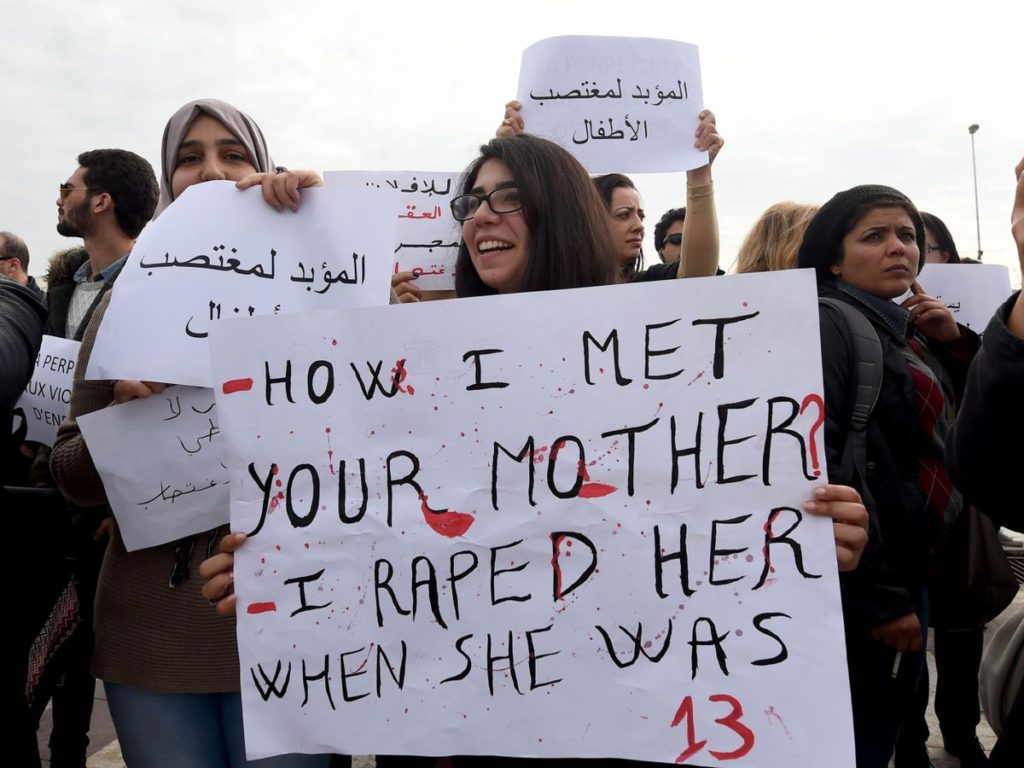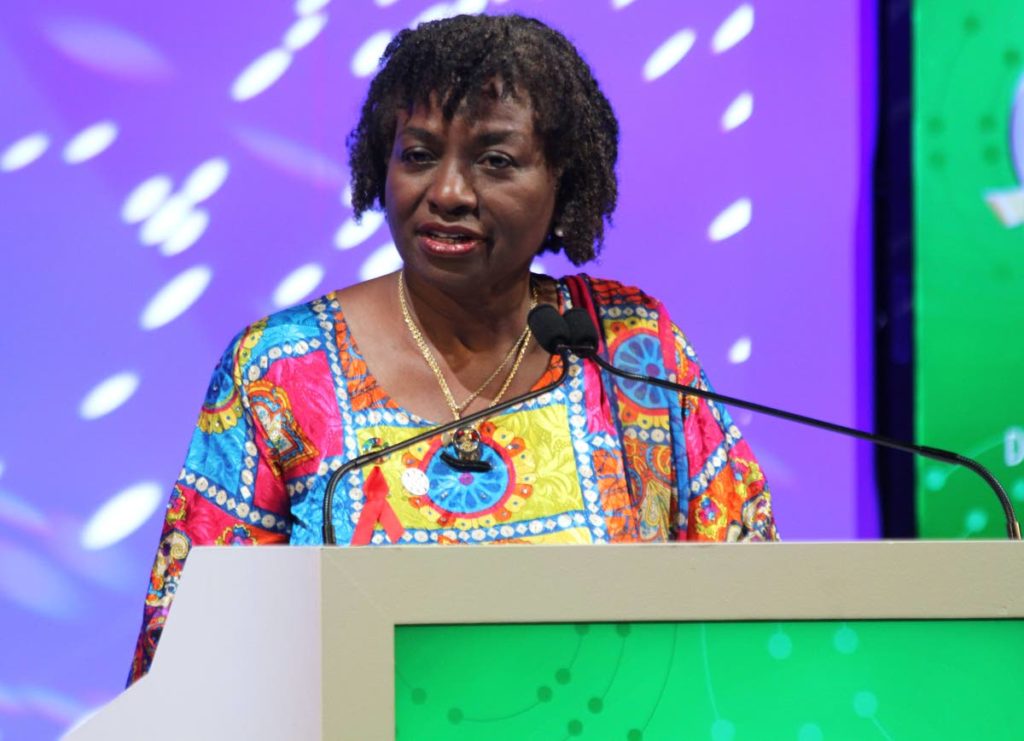The United Nations has released its annual state of the world’s population report which has highlighted that twenty countries still allow rapists to marry their victims to escape criminal prosecution.
According to the report, Russia, Thailand and Venezuela are among the countries that allow men to have rape convictions overturned, if they marry the women or girls they have assaulted.
Dr Natalia Kanem, executive director of the UN Population Fund (UNFPA), which;published;the report, said such laws were “deeply wrong” and were “a way of subjugating women”.
“The denial of rights cannot be;shielded;in law. ‘Marry your rapist’ laws shift the burden of guilt on to the victim;and try to sanitize a situation which is criminal.”
Dima Dabbous, Director of Equality Now’s Middle East and Africa region,;whose research is;cited;in the UNFPA report, added that the laws reflected a culture “that does not think women should have bodily autonomy and that;they are the property of the family.
“It’s a tribal and antiquated approach to sexuality and honour mixed together. It is very difficult to change [these laws], but it’s not impossible”.

She pointed out that the law in Morocco was repealed following widespread outrage;when a young woman killed herself after she was forced to marry her rapist. Jordan, Palestine, Lebanon and Tunisia followed suit.
However, Kuwait still allows a perpetrator to legally marry his victim with the permission of her guardian. In Russia, if the perpetrator has reached 18 and has committed statutory rape with a minor below 16, he is exempt from punishment if he marries the victim.
In Thailand, marriage can be considered a settlement for rape if the perpetrator is over 18 and the victim is over 15. Also, marriage can be;considered;if the victim “consented” to the offence and if the court grants permission for marriage.
Women, girls ‘do not own their bodies’
The report, which focuses on bodily autonomy – the ability to make choices about your body free from violence or coercion – also highlights that nearly half of women (45%) in 57 countries are denied the right to say yes or no to sex with their partner, use contraception or seek healthcare.
According to the UNFP, in Mali, Niger and Senegal, the situation is particularly harrowing. Here, fewer than one in 10 women make their own decisions about healthcare, contraception and sex with their partners.

Addressing this issue, UNFPA executive director, Kanem;expressed;her outrage that some women’s “lives are;governed;by others.”
“The fact that nearly half of women still cannot make their own decisions about whether or not to have sex, use contraception or seek healthcare should outrage us all. In essence, hundreds of millions of women and girls do not own their own bodies. Their lives are governed by others.”
The report also revealed that more than 30 countries restrict women’s freedom outside the home. It added that girls and boys with disabilities are nearly three times more likely to be subjected;to sexual violence, with girls at the greatest risk.
Education is key to improving bodily autonomy, said the report, while laws must be changed, and social norms must become more gender balanced. Health providers can also play a critical role.
Read Also: Poultry Farmers to petition Akufo-Addo over plans to replace eggs with Chinese Mackerel in schools



















